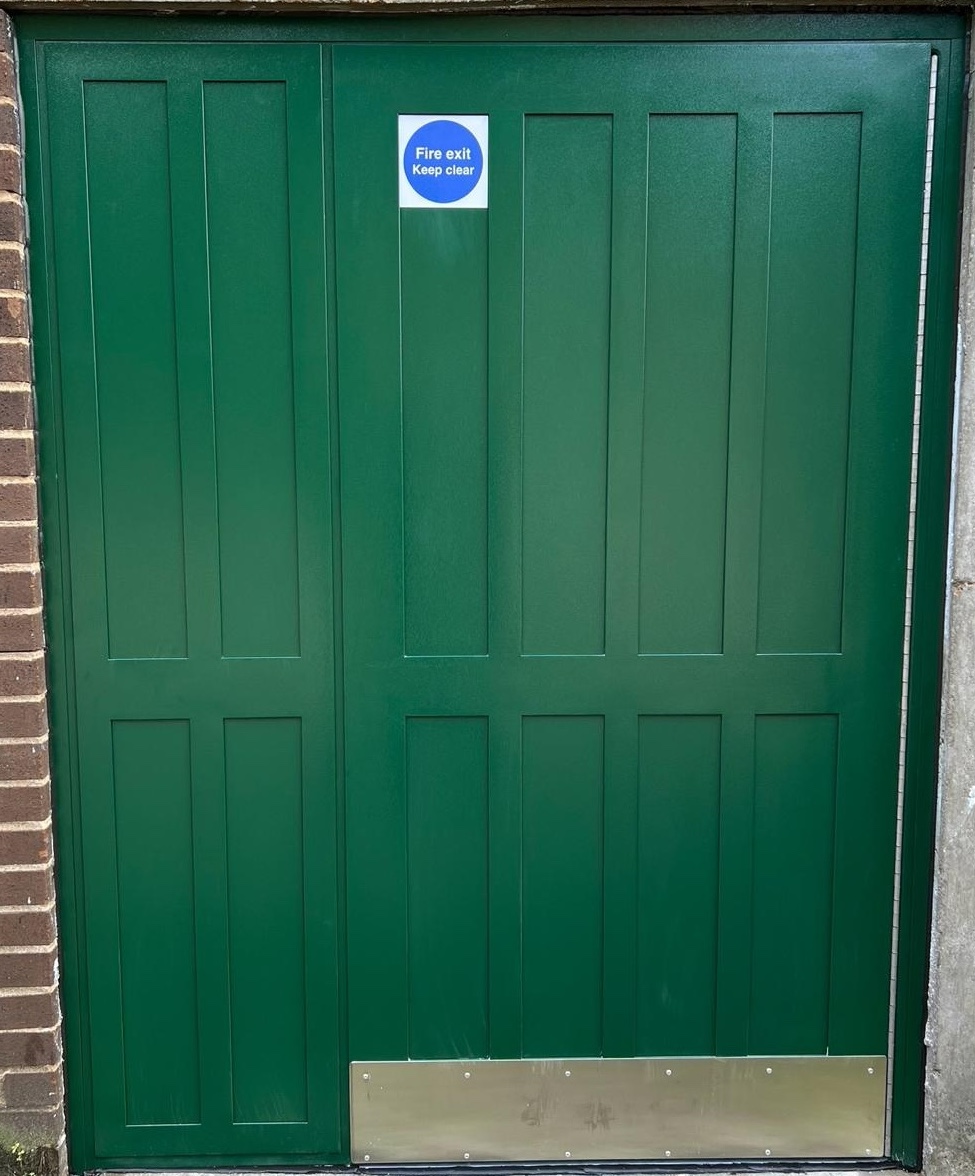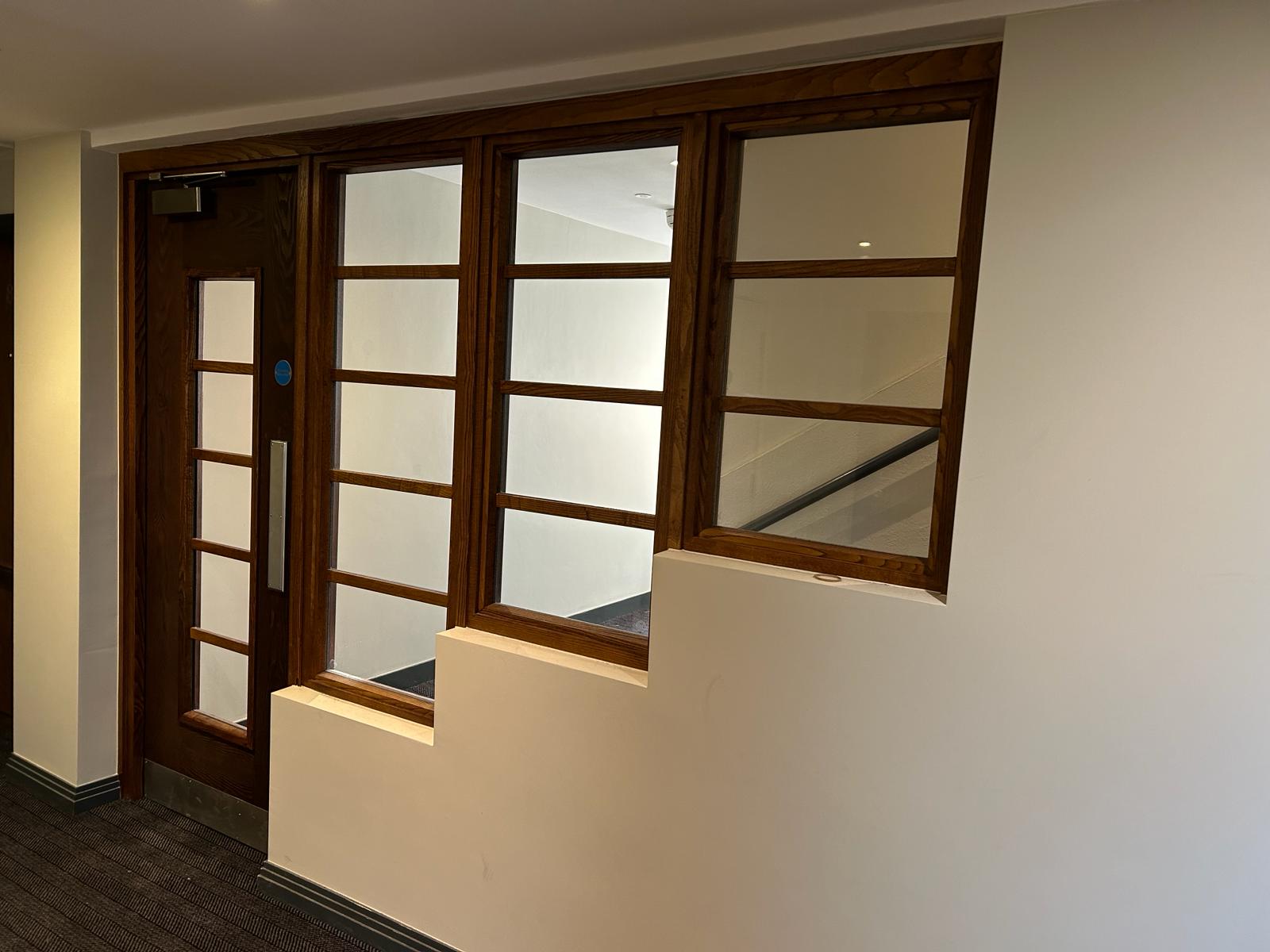If you buy a new car you have confidence that it has been manufactured in accordance with internationally recognised standards. But if, after buying the car, you let anyone drive off in it without checking that they have similar recognised evidence of their competence to drive – a driving licence – then the risk of disaster increases considerably. The car is a critical product and needs treating as such in all respects. After a certain period of time the car needs to be checked – MOT’d – to ensure that, as a critical product, it is still able to function properly. It is all about minimising the risks.
Fire doors are self evidently critical products, yet are they dealt with in a similar way to the car? It is true that increasingly fire doors (and doorsets) are manufactured under 3rd party manufacturing schemes. These provide confidence in the product and reduce the risks of a critical failure. But if the fire doors are not installed or maintained correctly, the risk of disaster increases, with death, injury and damage to property more likely.
Approved Document B (ADB) of the Building Regulations deals with fire safety and recognises that satisfactory performance of fire resisting products is dependant, not only on product manufacture, but also on installation and maintenance. ADB recognises that confidence (and by implication reduced risk of failure) in the satisfactory performance of these products and services is achieved by ensuring that the companies providing them are members of 3rd party certification schemes.
For the avoidance of doubt, with regard to fire doors and their manufacture, installation and maintenance, 3rd party certification schemes do exist to cover all of these activities, but frequently doors are supplied and installed that are not covered by such schemes. This does not mean that these doors will necessarily fail in the event of fire; but it does mean that that the confidence and reduced risk that 3rd party schemes provide is missing.
Would lives be saved, and injuries and damage to property avoided, if membership of 3rd party certification schemes for the manufacture, installation and maintenance of critical products, like fire doors, became a mandatory requirement in ADB of the Building Regulations?
If a fire door was the car, and the installer the driver, with fire door maintenance like an MOT, would you be happy to be driven in a car that had not been manufactured under internationally agreed standards, by a driver who may not have passed a driving test, with the vehicle not having been regularly maintained, let alone MOT’d?
And perhaps fire door maintenance is the most neglected area of all, because competent maintenance can rectify installation faults, identify defective components and re-instate neglected or abused doors to ensure that they function correctly as the critical products that fire doors clearly are.
So next time you consider specifying or purchasing fire doors it would be prudent to insist on 3rd party certification: it may help you to avoid a car crash.




